
In Genesis, God revealed to us that we are made in His image. Through our own reasoning ability, we can come to know that God is Love Itself, Truth Itself, Beauty Itself, Logos Itself, and if we are images of Him, then we are logically images of Love, Truth, Beauty, and Logos. Since God is utterly simple by virtue of His eternal nature, then Love, Truth, Beauty, and Logos are one and the same in Him. There can be no distinction. The implication here is that Logos is Love. Logos is Truth. Logos is Beauty. The Word Itself cannot be anything but these, therefore our ability to commune through the spoken word, a gift from the Word Itself, must be a reflection of It. Our word must be an imago Dei just as we ourselves are imago Verbi. Herein lies the moral obligation that speech carries within itself. If it does not reflect love, truth, and beauty, it is not worthy of being spoken. In a sense, it does not deserve to even be given the title of ‘words’.
To take this further, we can understand the spoken word to be the extension of the intellect to another through symbols, and if the intellect is a faculty of the soul, one can even make the case that the spoken word is the extension of the soul to another. Again we are left with the fact that the human soul is an image of the divine God, so to extend the soul is to extend an experience of the divine. If such an extension is characterized by lies, manipulation, selfishness, and the elevation of ugliness through gossip, vulgarity and insults, then the spoken word turns out to be a misrepresentation of the Divine. To misrepresent the Divine is to commit blasphemy, hence the sinful nature of these things.
The inherent power of the spoken word comes from the fact that it finds its source in God Who is Power Itself. Because of this power, it must be guarded. Unfortunately, its obvious power has led many to abuse it for selfish gain. This can be seen as far back as the sophistic rhetoric that Socrates fought against. It can be seen as close as our television set. Simply watch any interview with nearly any politician and one will receive a crash course in the abuse of language. What’s most disturbing is when a society voluntarily elevates a man to the pinnacle of worldly power because he has the ability to abuse the spoken word in the most subtly vile way that he can. When a society reaches such a low point, all truth and all beauty become expendable vagaries in a land of sophistic relativism. It is the point at which the rupture of word and morality reach executive status. We are not the ones we’ve been waiting for. The rupture that we’ve elected for is not the change we can believe in. It is our destruction, for when we use the gifts within our human nature that makes us most like God for things for which they were never meant, then our own human nature loses something of its beauty. And if its beauty is so connected to its dignity, then that nature devolves and resembles something less than what it is. Anything less than the human nature God intended holds a closer resemblance to the Dumb Beasts that God created for our use.
“Treat them [the Dumb Beasts] gently and cherish them, but do not go back to their ways lest you cease to be Talking Beasts.” I wonder, have we allowed ourselves to be ruled by Dumb Beasts? Is it any wonder that the Democratic party’s logo (I cringe to use that word in this context) is a donkey, the proverbial beast of burden?
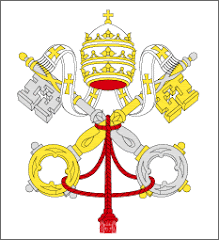
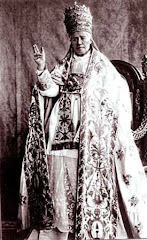
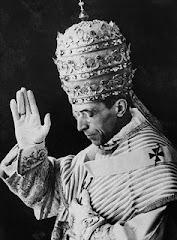

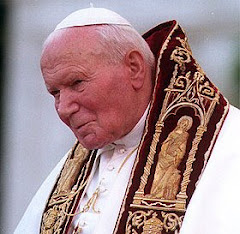
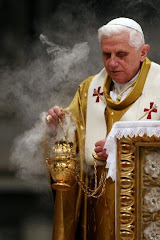













No comments:
Post a Comment